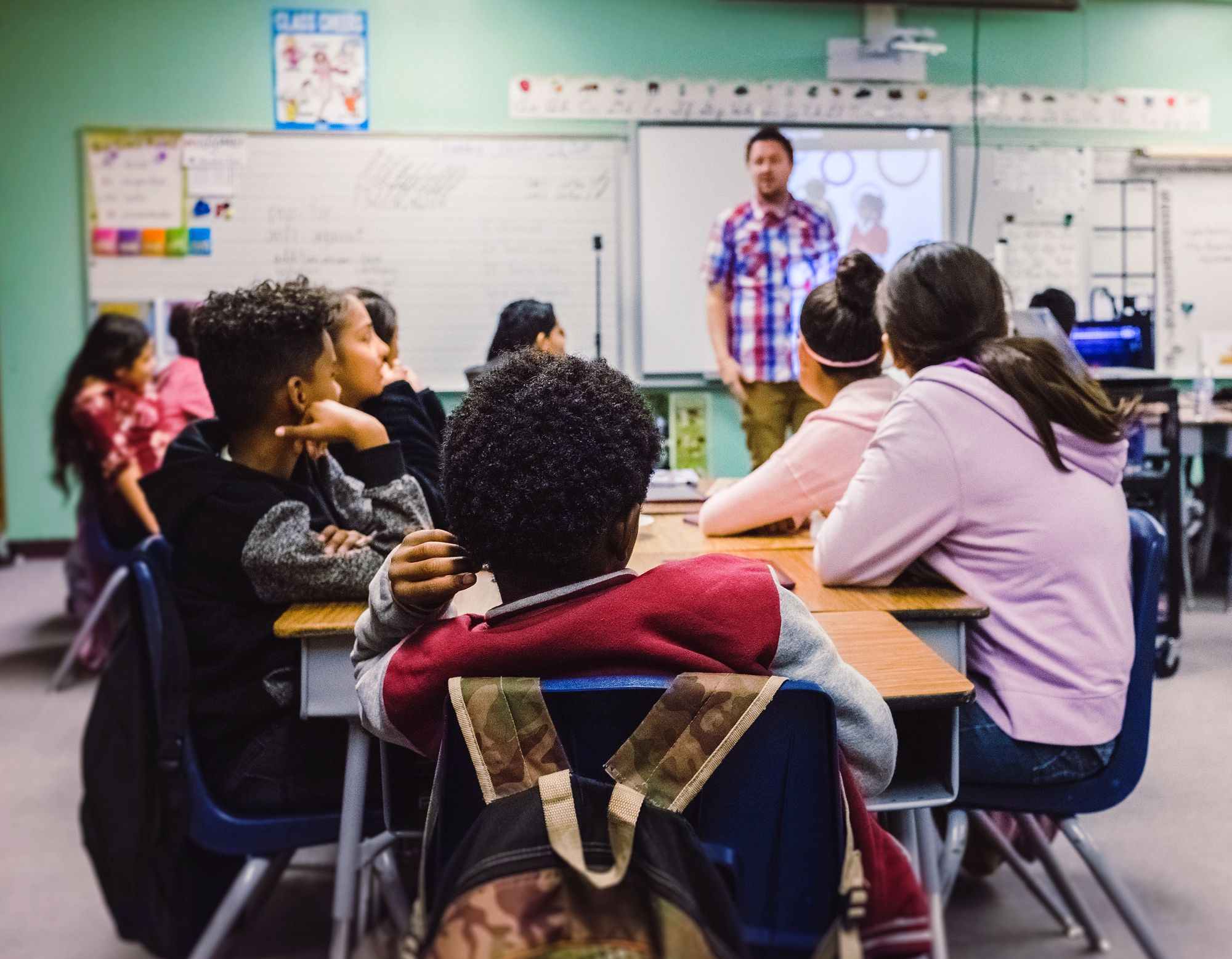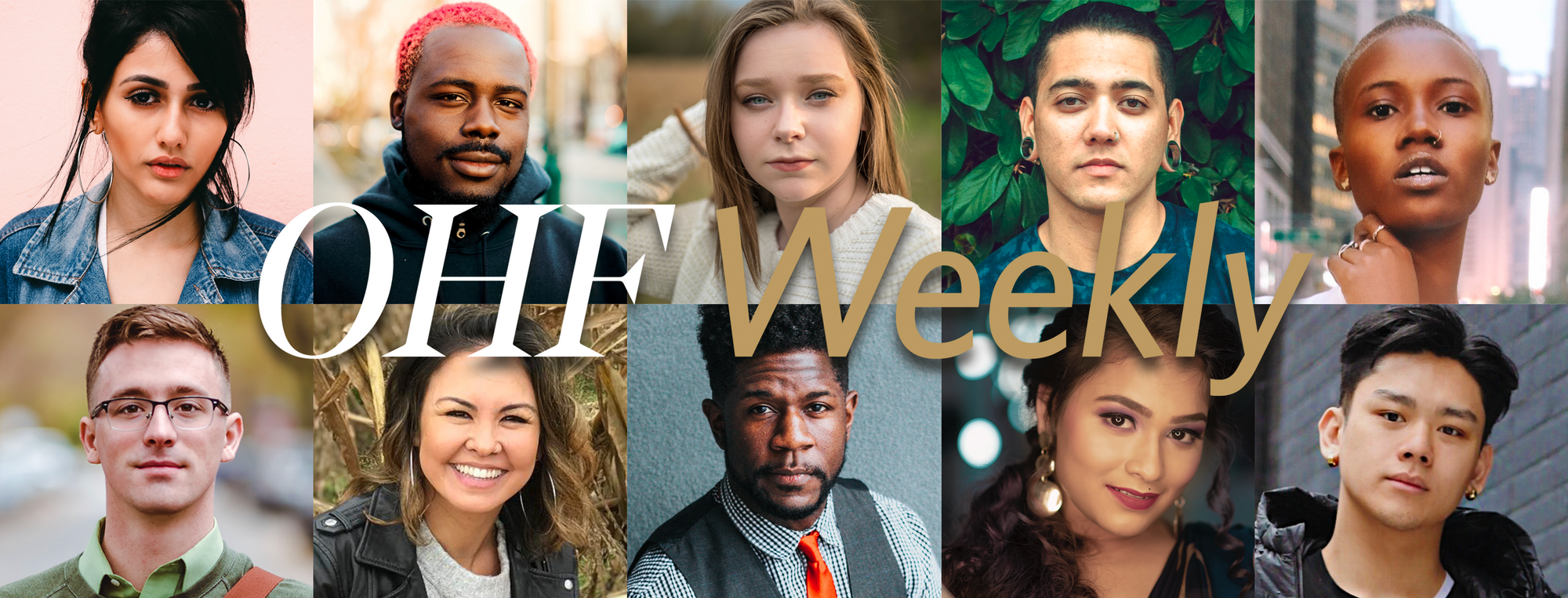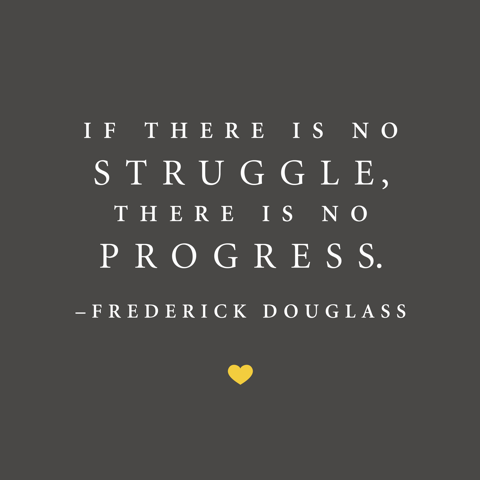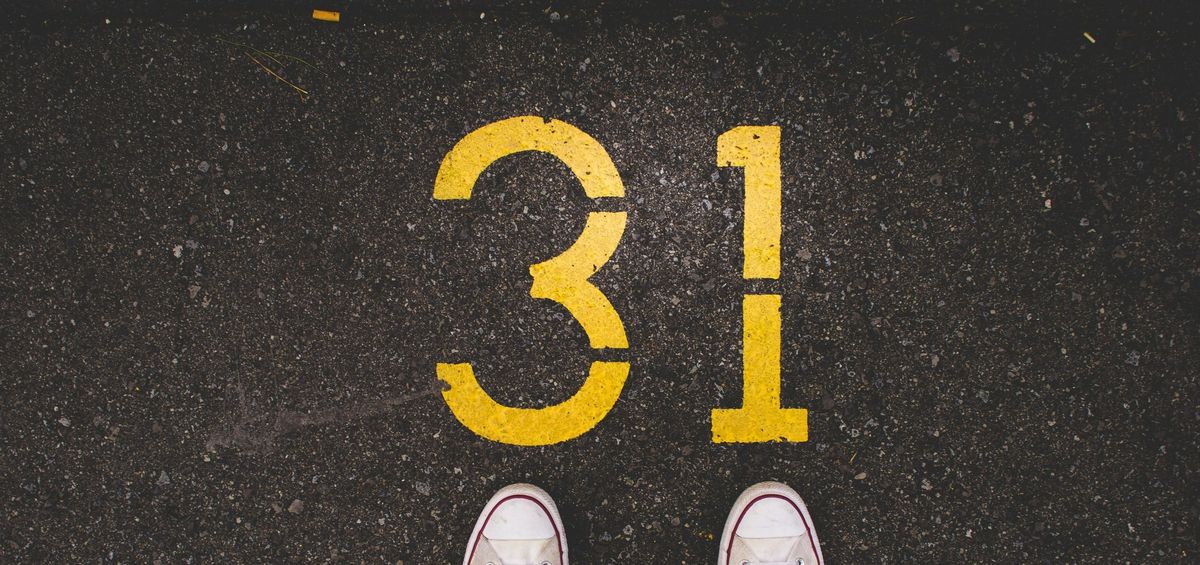Letter from the Editor:
Missing Women
Natalee Holloway. Alexis Patterson. Gabby Petito.
Stephany Flores. Mollie Tibbetts. Phylicia Barnes.
Elizabeth Smart. Akia Eggleston. Laci Peterson.
Jade Wagon. JonBenet Ramsey. Sophia Juarez.
Jessica Lynch. Kamille McKinney. Holly Bobo. . . .
Missing white woman syndrome. Although journalist Gwen Ifill coined the term some years ago, it’s just now beginning to get a lot of press around the disappearance and murder of bubbly, blonde, blue-eyed Gabby Petito. Which is to say, Gabby gets a dozen articles, the syndrome itself gets one or two. We hear that 700 Native American women have gone missing in the last decade in Wyoming alone, then more about Gabby. Artist. Adventurer. Free spirit. More Black women go missing than white women, despite the disparity in overall sizes of the population, then more about Gabby. Bubbly. Blonde. Blue-eyed.
I don’t begrudge Gabby. The young woman almost certainly died at the hands of someone who should have loved her the most, after extended physical and emotional abuse. Her case has brought attention to domestic abuse again, which is sadly needed on a regular basis. Her youth and beauty, her loving family have highlighted the fact that it can happen to anyone. Hopefully, something good will come from that horrible situation.
Phylicia Barnes was also beautiful, with a loving family. She was an honors student, and just sixteen years old. When you search for Stephany Flores, most articles simply say that she was another victim of the man who killed (blonde, blue-eyed) Natalee Holloway. And yet, we know so much about Natalee we could tell her story in our sleep all these years later. Kamille was three. Three. Her nickname was Cupcake. Unlike so many others, these three got at least a tiny bit of press.
What is there to say about Missing White Woman Syndrome that hasn’t been said by brighter minds than mine? Perhaps nothing, but when so many young women of color are being kidnapped, tortured, raped, murdered, and decomposing in unmarked graves while their families grieve without closure and the world turns a blind eye, it bears repeating again and again and again.
I am a mom. As in, not just the fact that I have given birth, but rather the maternal side of me is integral to who I am. Certainly, there are my two biological children, who happen to be blonde and light-eyed like the most recognizable names in the list above. The youngest is finishing college and the eldest just got engaged; they are amazing young women in so many ways.
Then there are my exchange kids, whose families in another country entrusted us with their child for as long as a school year—to feed them, get them to school on time, teach them about America, but also hug them, support them emotionally, and celebrate the many things life can throw at you in a year. These seven young women come from five different countries and two different continents, some are Black and some are white, most are straight but one is gay and one is perhaps bisexual but these are all incidental demographics to us. They are and will always be my daughters, too.
Beyond these nine daughters are their network of friends. We were lucky enough to frequently be the hangout through high school, and even now many of the kids—young adults now, really—spend the night on their way through town. I love them all. And there was my daughters’ gymnastics teams, girls I watched grow up for nearly twenty years.
My point is that a large, socio-economically diverse group of people have flowed through our lives, some of them complete strangers when they came to live here, and yet I can affirm that they are all amazing human beings. Each is unique, and each has so much to love about them. If one of them were to go missing, I would move heaven and earth to find them for as long as it took. More than that, each of them would deserve to have the world looking for them, as well. Because ultimately? Every single girl—every single person—is worth that much at a very minimum.
While one might try to claim that which lives are deemed more worthy is an act of ignorance or negligence on the part of the press, which is highly debatable—perhaps a case of the squeakiest wheel—the other aspect is a very clear-cut, racist choice. When Gabbys go missing, they are bubbly, artistic, adventurous. When Phylicias go missing, we learn that they played a drinking game shortly before their disappearance.
So let me tell you a little more about my amazing nine daughters. Some have had some tough semesters. Several have struggled with anxiety and depression. Most have had episodes of underage drinking, a couple were caught at it by the cops, at least one stole something once on a whim, most or all have probably tried pot in one form or another, and I’d be shocked if they weren’t all sexually active. Because again, human. If one of my white daughters were to go missing, we’d hear how they were on the dean’s list. But were it one of my Black daughters who had gone missing, would we hear how she grew up in a favela with a single mom?
How can it be that in the worst imaginable circumstances we sort the victims by their skin shade and then pass on some to highlight others? How is it that we can ignore the cries of bereft mothers and fathers, leaving them with the knowledge that their hopes, their dreams, their children made such a small mark on the universe? How is it that we can convict the victims but not the killers, without so much as a trial or a word in their defense, or even a body to bury in too many cases? And how is it that we can call ourselves human while staring so blankly into the face of so much pain?
When we pick and choose who matters so callously, I can only think that all sorts of humanity is missing, as well.
The next time you hear such a story, maybe through word of mouth or the back page of the paper, just stop for a moment. Close your eyes and imagine your own child, or a niece or nephew. Imagine how you’d feel if they simply disappeared one day—how your whole family would feel. And whatever right or wrong they’d done at any other point in their lives would vanish in the ether. All you’d be able to think about is what they might be going through, whether you’d see their face again. All that would matter is finding them. And think about how much you’d appreciate the help of others.
Love one another.
In This Issue
- New This Week: “Making Space for Black Women” by Sabrina Bryant.
- In Case You Missed It: This week’s legacy article is “How Barriers to Getting an Education Almost Ruined My Children’s Future” by Marley K.
- Promo Support OHF!
- Final Thoughts
New This Week
Making Space for Black Women
by Sabrina Bryant
Joan Higginbotham didn’t start out to be an astronaut. But she had talent and skill and drive—and went to NASA after other doors closed on her, participating in fifty-three space shuttle launches, including her own ride on the Space Shuttle Discovery.

In Case You Missed It
How Barriers to Getting an Education Almost Ruined My Children’s Future
by Marley K.
While we might think that education is the great leveler, in some cases access to that education is different because of the biases expressed by school educators and leaders who discount the worth and the drive of Black students.

Support Our Human Family and OHF Weekly

Our Human Family has been fostering conversations about achieving equality since April 2019. Our goal is to unite the world—our world, our sphere of influence—by dispelling the lie of race and the practice of racism and replacing them with the truth of love and equality.
Our Human Family, Inc. is now a 501(c)(3) charitable organization, with the same goals and message as the online publication. Still in its early planning stages, Our Human Family advocates for racial equity and inclusion by creating and offering workshops, panel discussion groups, targeting key educational programs for sponsorship, hosting guest speaker events, and much more that will help us achieve racial equity and inclusion for everyone.
No one should commit to the work of racial equity in pursuit of an anti-racism gold star, nor should anyone regard it as a performative means to earning an anti-racism merit badge. Creating a more equitable world for all people is its own reward and the benefits to society are manifold.
We understand that there is no one-size-fits-all approach to people. The same applies to providing the various segments of our customer base with the knowledge and skills necessary to eradicate racism. We make this possible by creating informative and transformative materials that will evolve with the times and meet the specific needs of various segments of our consumer base.
The subject of racism is broad and complicated. Its components require close examination and nuanced explanation. While our message is singular, we must tailor our conversations and presentations to bring awareness to these aspects. These items must also be updated to reflect the challenges of the times.
We cannot do the work of racial equity without the support of people like you. In the same way that it takes a village to raise a child, it will take all of us to end racism and create a more equitable world. Racism doesn’t just harm its victims, it harms its perpetrators and bystanders. Racism harms everyone. Our Human Family is working to bring an end to racism and establish a society rooted in equity.
You can help us continue our anti-racism work.
Please support the critical work and word of Our Human Family at the forefront of the national conversation on better race relations and widespread equity in America.
Final Thoughts

Love one another.
Sherry Kappel
Our Human Family, Managing Editor
Top photo by Martin Reisch on Unsplash



